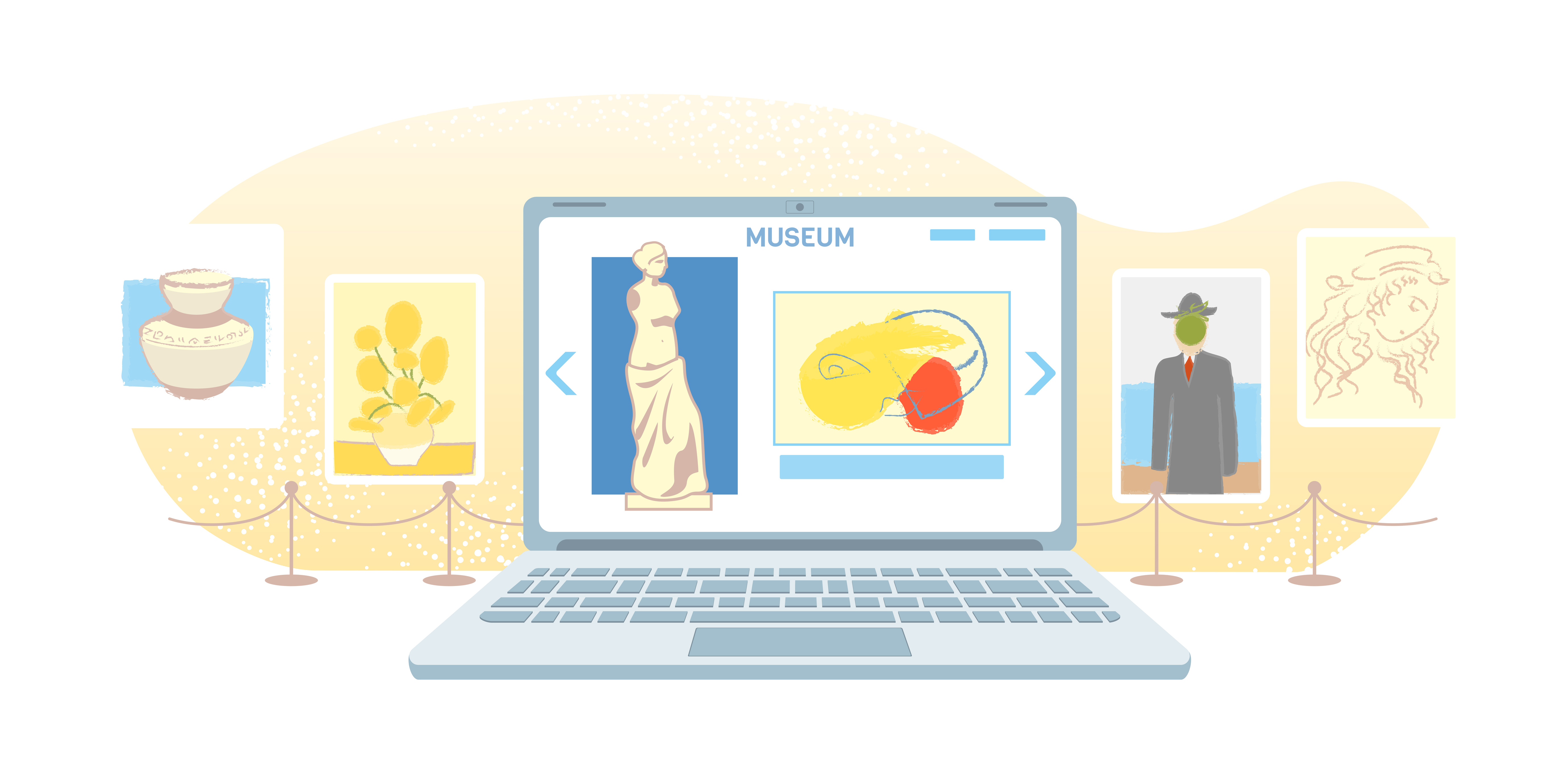Copyright

Museums, as permanent non-profit institutions in the service of society and its development, are regularly confronted with copyright issues when carrying out their public interest missions of acquiring, conserving, researching, communicating and exhibiting the tangible and intangible heritage of humanity and its environment for education, study and enjoyment.
For instance, it may be necessary for a museum to make a reproduction of a work in order to ensure its survival – be it to document and preserve it in case of theft, an incident (fire, flood) or a consequence of climate change. In this respect, ICOM has put in place the Object ID (Object Identification), an internationally recognized documentation standard for documenting and describing collections of archaeological, cultural and artistic objects that can assist in their recovery in the event of loss or theft. As digital copies are not subject to physical degradation, they guarantee the survival of our heritage (even if the original physical support is lost) and its accessibility to all, today and tomorrow. Seminars conducted by the World Intellectual Property Organisation (WIPO) nevertheless found that museums were the cultural heritage institutions least supported by their national legislation to make such copies for preservation purposes.
With regard to communication and exhibition, museums may wish to carry out online activities (such as databases accessible to all, virtual tours, etc.) thus encouraging and supporting the dissemination of knowledge and the sharing of our heritage to present and future generations. The Covid-19 pandemic, which has forced museums around the world to close temporarily, has highlighted this need. However, once again, the legal framework applicable to this type of activity is made up of a set of disparate, unequal and often insufficient solutions, making it difficult for museums to carry out their public interest activities.
In order to achieve these tasks, a clear, appropriate and balanced legal framework that also offers limitations and exceptions to copyright for certain uses is therefore necessary.
Advocating for museums at the World Intellectual Property Organization
Since 2014, ICOM has been advocating with its partner institutions, the International Federation of Library Associations and Institutions (IFLA) and the International Council on Archives (ICA), at the World Intellectual Property Organization (WIPO) for an international instrument that would allow limitations and exceptions to copyright for libraries, archives and museums.
The existing legal framework provides disparate solutions and inadequate, inappropriate, insufficient or non-existent laws which cannot respond to the practical challenges that museum professionals face on a daily basis. Few legislative provisions provide for specific exceptions for museums. Moreover, the lack of a harmonised international framework creates an imbalance and renders cross-border activities complex.
To advocate, ICOM participates in the high-level meetings of the WIPO Standing Committee on Copyright and Related Rights (SCCR) in order to raise awareness among Member States and stakeholders of the issues specific to the museum community, particularly in relation to cultural heritage preservation issues.
Want to take action ?
- Raise awareness among your decision-makers about the specific copyright issues faced by museums. Use for this the toolkit developed by ICOM;
- Share with ICOM your copyright problems by using your social networks with our hashtag #FixCopyrightForMuseums;
- Contact the Legal Affairs Committee to discuss actions.
Want to learn more about copyright ?
- On the challenges of digitizing museum collections: the UNIGE-ICOM International Conference “When Museums Go Online”;
- On the need of appropriate copyright laws to address the challenges of climate change : Climate Change and Copyright Laws: the Challenge of Safeguarding Our Heritage;
- On Managing Intellectual Property for Museums (Rina Elster Pantalony, 2013)
- Studies:
- FAQs Author’s Rights, Copyright and Open Licenses (by Digital Cultural Heritage ICOM Italy, 2021)
- Revised report on copyright practices and challenges of museums (Yaniv Benhamou, 2019)
- Study on copyright limitations and exceptions for museums (Jean-François Canat and Lucie Guibault, in collaboration with Elisabeth Logeais, 2015)
Cover image © Prostorina